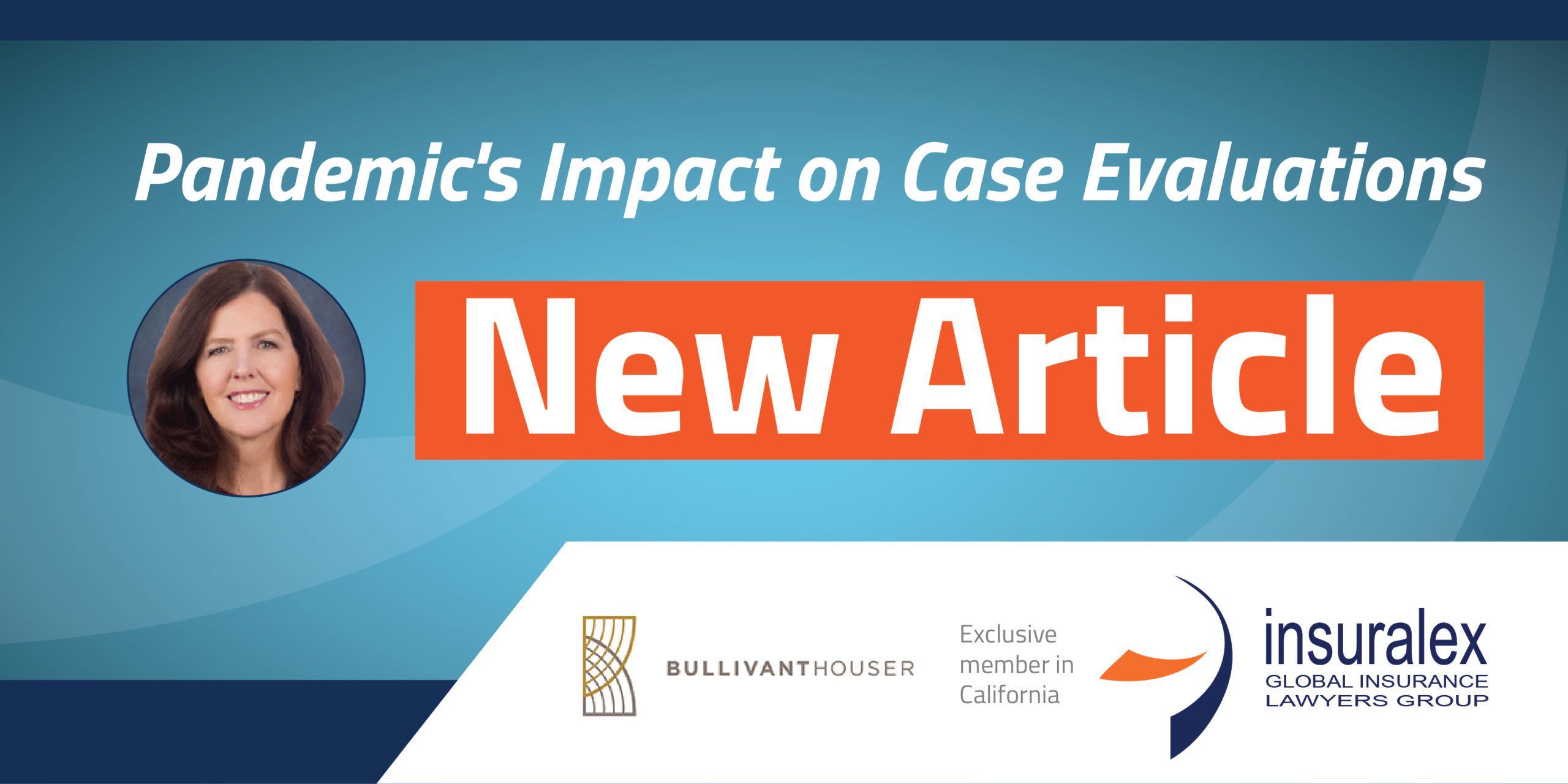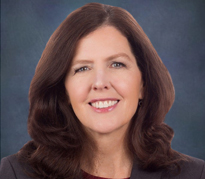
As we have seen to tragic effect around the world, the COVID-19 virus has proved to be unpredictable, with guidelines from state and federal governments and health agencies evolving from one week to the next. Currently, the effect of the crisis on litigation is also hard to predict, but the profound experience our future jurors are undergoing is sure to have some resonance. Will the skyrocketing verdicts and rising settlements we have seen over the last five years in asbestos litigation take a downward turn? Can they recover to pre-COVID-19 highs when litigation resumes? One silver lining for companies emerging from the crisis may be lowered indemnity costs based on the impact of the COVID-19 crisis on the mentality of jurors.
Almost a decade ago, as we prepared to try a mesothelioma case in Elko, Nevada, we learned about the “down-winders” from the trial judge. He mentioned that an unusual number of residents in this small town in Nevada had contracted cancer as a result of living downwind from radiation testing that had occurred decades earlier. As a result of that experience, the trial judge had noticed that juries tended to award damages lower than he would have expected. He believed this tendency resulted from the jurors’ own suffering and limited ability to recover from the purported tortfeasor.
- Impatience for what a jury may view as wasted time. Many jurors will have just lost out on weeks, if not months, of time at work. Adding insult to injury, they are now being asked to give up even more time to serve on a jury. Any time spent by attorneys (or the court) during trial that is perceived as unnecessary will likely anger jurors even more than usual.
- Reduced sympathy for economic loss. George Hoffman, in his blog “The Psychological Impacts of Quarantine,” identifies financial stress as a key effect of a quarantine.3 Such financial stress might affect opinions about claims for damages. A juror who has suffered recent financial hardship could have much less sympathy for someone asking for an economic award. They could see the damage being claimed as trivial and unworthy of compensation.
- Altered views of medical damages. Consciously or not, jurors could use the number of deaths and the overall suffering of coronavirus patients as a measuring stick to evaluate damages claimed by a plaintiff. This would especially apply in drug or medical device cases, where jurors might see the damage allegedly caused by the defendant as “small potatoes” compared to the harm caused by the virus. On an individual level, jurors could feel that coronavirus patients (including themselves or loved ones) were not compensated for their injuries, so why should the plaintiff receive a large award?
- Strong opinions about medical experts. This issue could cut either way, depending on the juror’s perception of the predictions made by medical experts before and during the pandemic. A juror could feel that medical experts exaggerated the risk of the virus, causing a decrease overall in medical expert credibility. This would be more pronounced if the trial expert is in the area of infectious disease. But if a juror feels that medical experts played an important role in protecting the country, doctors and other health professionals may see an increase in credibility.
While we are all eager to get back to business as usual following recovery from the present crisis, we may find this collective experience will reduce the likelihood of a nuclear verdict and help stem the tide on escalating settlements.
2 Samantha K. Brooks, et. al., “The psychological impact of quarantine and how to reduce it: Rapid review of the evidence,” The Lancet, March 14, 2020, https://www.thelancet. com/journals/lancet/article/PIIS0140-6736(20)30460-8/ fulltext?dgcid=raven_jbs_etoc_email
Authors
 Jeanne F. Loftis
Jeanne F. Loftis
Shareholder, Portland Office
Direct Dial: 503.499.4601
Fax: 503.295.0915
E: jeanne.loftis@bullivant.com




